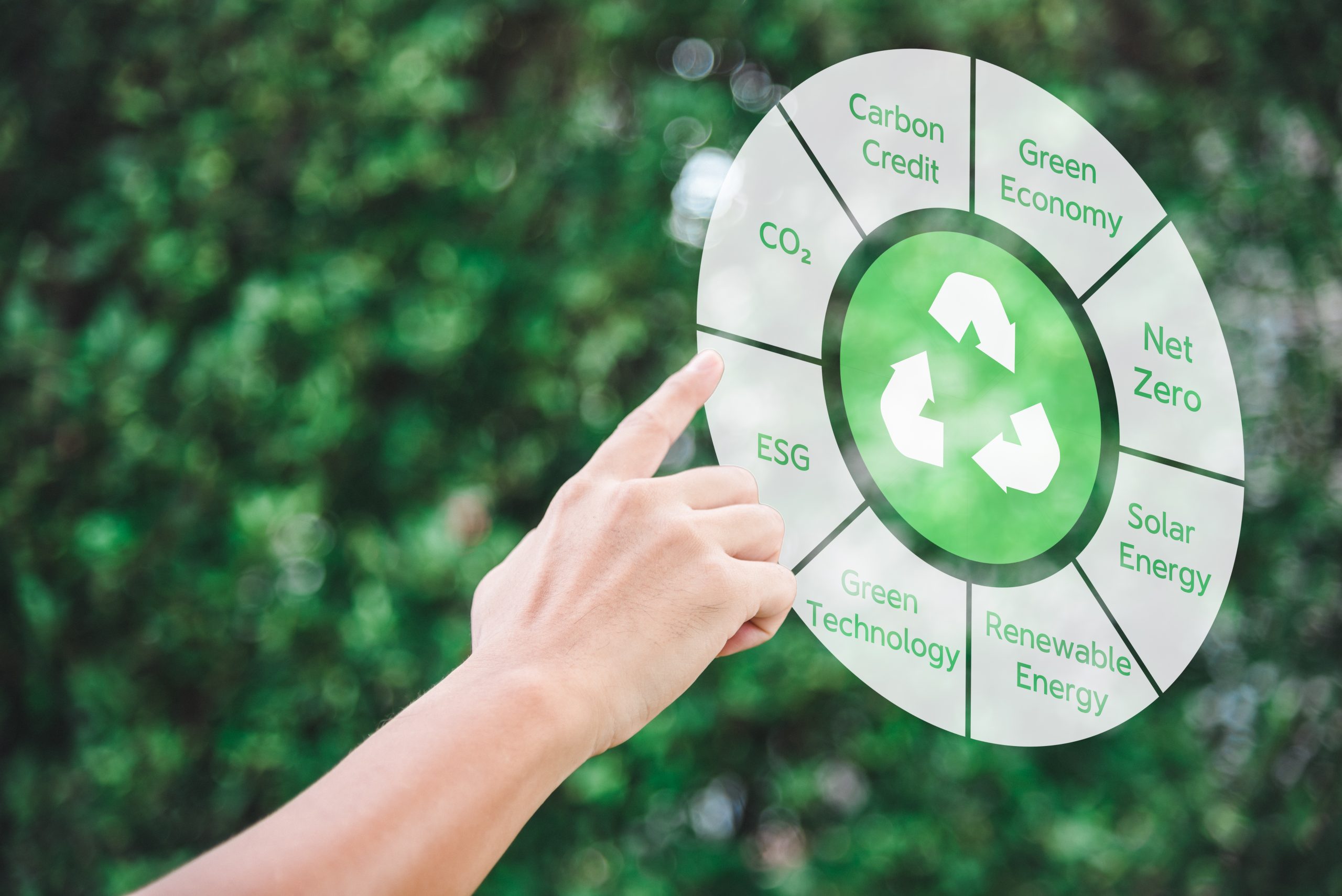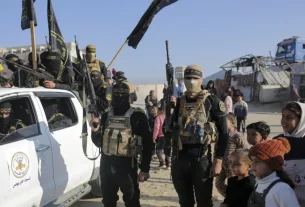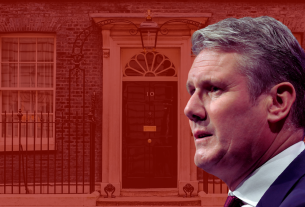In a dramatic and unexpected turn of events, world leaders at the United Nations Climate Change Conference (COP29) in Azerbaijan reached an agreement on a landmark climate finance deal, where developed nations committed to contributing $300 billion annually to help developing countries combat and adapt to the devastating effects of climate change. This deal, which emerged after intense negotiations and mounting concerns that talks might collapse, was announced around 3 a.m. local time and was met with a standing ovation, signaling a major, if imperfect, breakthrough in international climate diplomacy.
A Deal That Breaks Expectations
The agreement, dubbed the “climate cash” deal, stipulates that wealthy nations will contribute an annual sum of $300 billion to support developing, climate-vulnerable countries. The commitment aims to address the disproportionate impact climate change has on countries with fewer resources to respond, particularly those in the Global South. The deal represents a crucial step in achieving the climate financing goals set in 2015 under the Paris Agreement, which called for a New Collective Quantified Goal (NCQG) on climate finance to be finalized by 2024.
U.S. President Joe Biden, who is nearing the end of his presidency, praised the agreement, emphasizing his administration’s role in advancing global climate action. “Nobody can undo America’s clean energy revolution,” Biden declared, a pointed remark aimed at his political rival, President-elect Donald Trump. He hailed the $300 billion deal as an “ambitious” step forward in ensuring that developing nations have the resources necessary to transition to clean, sustainable economies, while simultaneously opening up new markets for American-made products like electric vehicles and batteries. Biden, in his statement, also emphasized that states and cities within the U.S. would continue tackling climate change, despite the upcoming transition in federal leadership.
The deal came after days of tense negotiations and fears that no consensus would be reached. But U.N. Secretary-General António Guterres, while acknowledging the significance of the deal, expressed that the outcome fell short of his hopes for a more ambitious climate finance framework. “It must be honoured in full and on time. Commitments must quickly become cash,” Guterres said. His words reflected a broader concern that, while the deal marks a step forward, it is just the beginning of a much-needed acceleration in climate finance.
The Financial Divide: A Rocky Path to Consensus
The road to the $300 billion agreement was anything but smooth. Delegates from developing countries and various non-governmental organizations (NGOs) expressed disappointment with the final terms, particularly regarding the lack of a clear and robust path to the full $1.3 trillion in annual climate finance that experts say is necessary to combat climate change effectively. Dr. Rachel Cleetus of the Union of Concerned Scientists criticized the $250 billion figure initially proposed by wealthier nations as inadequate. “This is nowhere near the robust and desperately needed funding lower-income nations deserve to combat climate change,” she stated, pointing out that the proposal fell short of addressing the needs of countries that have contributed the least to the crisis yet suffer its worst impacts.
Many climate advocates also raised concerns over the lack of clarity regarding the role of multilateral development banks (MDBs), which are expected to play a key role in channeling climate finance through grants and concessional loans. There is still ambiguity about whether MDB funds will count toward the $250 billion annual target or supplement it. For these critics, the financial commitment, though significant, does not yet reflect the urgent scale required to mitigate the devastating effects of climate change on vulnerable populations.
Melanie Robinson, director of the Global Climate, Economics, and Finance Program at the World Resources Institute, echoed these sentiments, calling for the financing target to be raised to $300 billion annually by 2035. She emphasized that the global community must do more to ensure developing countries are adequately supported in their climate adaptation and mitigation efforts. Tasneem Essop, executive director of Climate Action Network International, went further, condemning the draft text as “an insult” to nations in the Global South who are facing existential threats from rising temperatures and extreme weather events.
Geopolitical Tensions and No-Shows at COP29
COP29, often referred to as the “Finance COP,” was anticipated to be a crucial conference for hammering out the financial mechanisms required to combat the climate crisis. However, as the conference drew to a close, it became evident that not all countries were fully engaged in the negotiations. Notably, Papua New Guinea, a small island nation severely impacted by climate change, chose to boycott the conference in protest against the lack of concrete financial commitments from industrialized nations. Prime Minister James Marape explained that the country was protesting the failure of wealthy nations to follow through on pledges made at previous COP conferences, particularly those that promised to help nations like Papua New Guinea protect their forests and mitigate climate impacts.
Marape’s remarks highlighted the broader dissatisfaction with the slow pace of progress in fulfilling climate finance promises. “Our economy needs money, yet we are preserving trees as the lungs of the earth, while industrialized nations keep on emitting. You have not paid for any conservation,” he said, pointing out the hypocrisy in the lack of financial support for environmental conservation in exchange for the environmental services provided by countries with vast forests.
Other countries, including Argentina, also faced internal political turmoil regarding their participation. Argentine President Javier Milei, a climate change skeptic, withdrew the entire Argentine delegation after the first week of the conference. This unexpected move raised concerns about Argentina’s future commitment to the Paris Agreement, which Milei had previously threatened to withdraw from during his presidential campaign.
Meanwhile, several key G20 nations, including the United States, India, China, and the European Union countries, sent delegates but did not attend in person, signaling the often fractured and contentious nature of global climate negotiations. France’s decision to boycott the conference after remarks from Azerbaijan’s President Ilham Aliyev criticizing France’s colonial history and environmental policies added another layer of complexity to the event. Anges Pannier-Runacher, France’s minister of ecological transition, condemned Aliyev’s comments as “unacceptable” and cited them as the reason for her non-attendance.
Extreme Weather and the Urgency of Action
As COP29 progressed, the urgency of the climate crisis was underscored by new data released by the National Oceanic and Atmospheric Administration (NOAA), which reported that October 2024 was the second warmest October on record globally. This marked a continuation of the year’s extreme weather trends, which have already caused widespread drought, heatwaves, and devastating wildfires in the United States. Nearly 87% of the country is now experiencing dry or drought conditions, with agricultural sectors, particularly wheat crops, facing increased risks. Such conditions contribute to escalating food prices and exacerbate the challenges faced by farmers and rural communities.
NOAA’s report also highlighted that the U.S. had experienced 24 billion-dollar weather and climate disasters by the end of October, second only to the record-setting 27 disasters in 2023. The rising frequency and severity of these events emphasize the immediate need for a coordinated, global response to the climate crisis—a response that is still, too often, held back by political and financial interests.
Conclusion
COP29 has left the world with mixed feelings. While the agreement on a $300 billion annual climate finance contribution marks an important step in addressing the financial needs of developing countries, it falls short of meeting the full scale of the challenge. The criticisms from developing nations and environmental groups highlight the gaps in the proposed climate finance framework and the urgent need for more robust and timely commitments. The conference also revealed deep geopolitical rifts, as countries like Papua New Guinea and Argentina protested against the failure of wealthy nations to fulfill their climate finance promises. With the climate crisis intensifying, it is clear that the world’s response must become more urgent and aligned if we are to safeguard the future of vulnerable populations across the globe.



